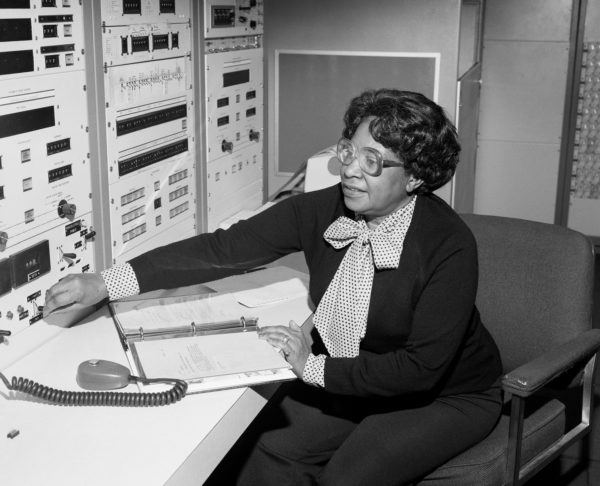NASA Names HQ After First African American Female Engineer, Mary W Jackson
NASA administrator Jim Bridenstine has announced on June 24 that the agency’s headquarters buildings in Washington DC will be named after its first African American female engineer, Mary W. Jackson.
He said Hidden Figure Mary Jackson had helped to break down barriers for African Americans and women in engineering and technology.
The story of Mary W. Jackson was told in the 2016 film Hidden Figures. Born in Hampton, Virginia, she died in 2005.
In 2019, NASA renamed the street outside its headquarters as Hidden Figures Way.
“Hidden no more, we will continue to recognize the contributions of women, African Americans, and people of all backgrounds who have made NASA’s successful history of exploration possible,” Jim Bridestine said in a statement.
“Mary W. Jackson was part of a group of very important women who helped NASA succeed in getting American astronauts into space,” he added.
“Mary never accepted the status quo, she helped break barriers and open opportunities for African Americans and women in the field of engineering and technology.”

Mars Mystery Solved: NASA Officials to Unveil Major Science Finding
NASA Announcement: Mars Has Flowing Water
The move comes at a time of introspection across the US about historical injustices suffered by African Americans.
The recent death in police custody of George Floyd triggered protests around the world and renewed demands for an end to institutional racism.
NASA began recruiting some college-educated African American women in the 1940s as “human computers”, but they experienced both racial and gender discrimination at work.
Mary W. Jackson was recruited in 1951 by the National Advisory Committee for Aeronautics which was succeeded by NASA in 1958. She worked under Dorothy Vaughan – whose story was also told in Hidden Figures – in the segregated West Area Computing Unit at Langley, Virginia.
Mary Jackson died in 2005 and in 2019 she was posthumously awarded the Congressional Gold Medal.
Her daughter, Carolyn Lewis, said the family was honored that NASA was continuing to celebrate Mary Jackson’s legacy.
Carolyn Lewis said: “She was a scientist, humanitarian, wife, mother, and trailblazer who paved the way for thousands of others to succeed, not only at NASA, but throughout this nation.”
